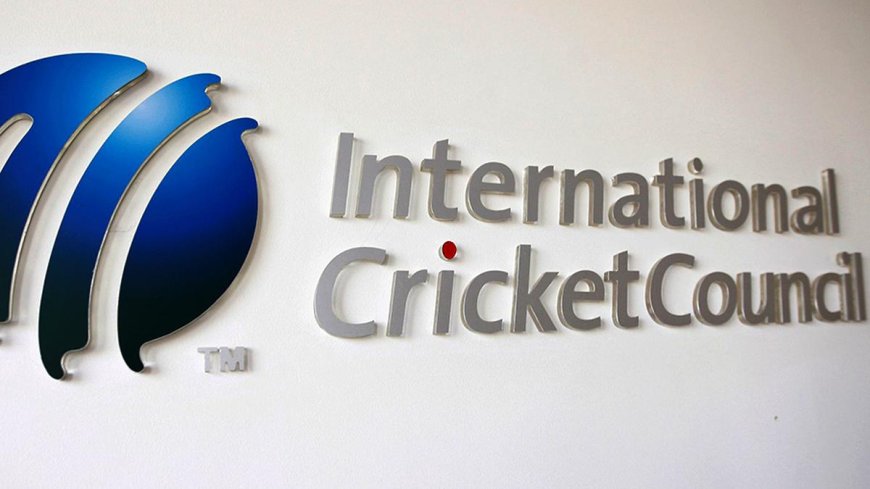ICC Introduces Stop Clock to Address Slow Over Rates in New WTC Cycle
The ICC has implemented a stop clock in Test cricket to tackle slow over rates and allow fielding teams to choose which batter should be on strike in case of a 'deliberate' short-run during the 2025-2027 World Test Championship cycle. The new rules came into effect during the Sri Lanka vs. Bangladesh series in Galle.

The ICC has introduced a stop clock in Test cricket to address slow over rates. Fielding teams can now choose which batter should be on strike in case of a 'deliberate' short-run in the 2025-27 World Test Championship cycle.
The new rules came into effect for the 2025-2027 World Test Championship, starting with the Sri Lanka vs. Bangladesh Tests in Galle.
According to the ICC Test Match Playing Conditions, a stop clock, similar to limited-overs cricket, will ensure the fielding side starts each over within 60 seconds of the previous one. An electronic clock will be visible at the ground, counting up from zero to 60 seconds.
The fielding side will receive two warnings, and a third violation will result in the batting side getting five penalty runs. Warnings reset after 80 overs.
ESPNcricinfo noted that umpires are no longer required to change the ball if saliva is found on it due to the ban on saliva use. Fielding teams can still apply saliva to prompt a ball change, but the current playing conditions for men's Test cricket do not mention this.
In cases where both players and on-field umpires refer decisions, the process will follow a chronological order based on when they occurred, as stated by the ICC.
According to the source: The Hindu.
What's Your Reaction?
 Like
0
Like
0
 Dislike
0
Dislike
0
 Love
0
Love
0
 Funny
0
Funny
0
 Angry
0
Angry
0
 Sad
0
Sad
0
 Wow
0
Wow
0






















































































































































